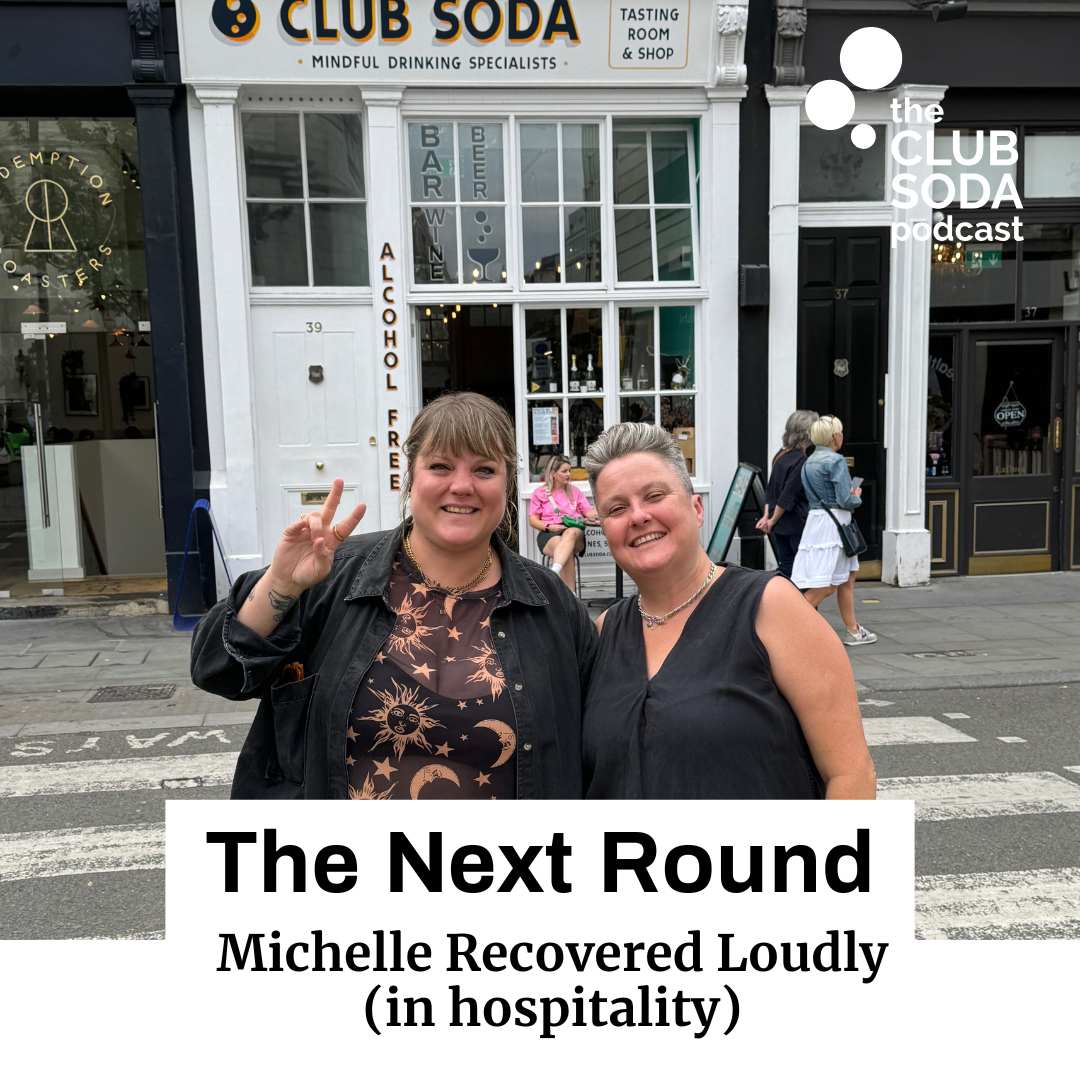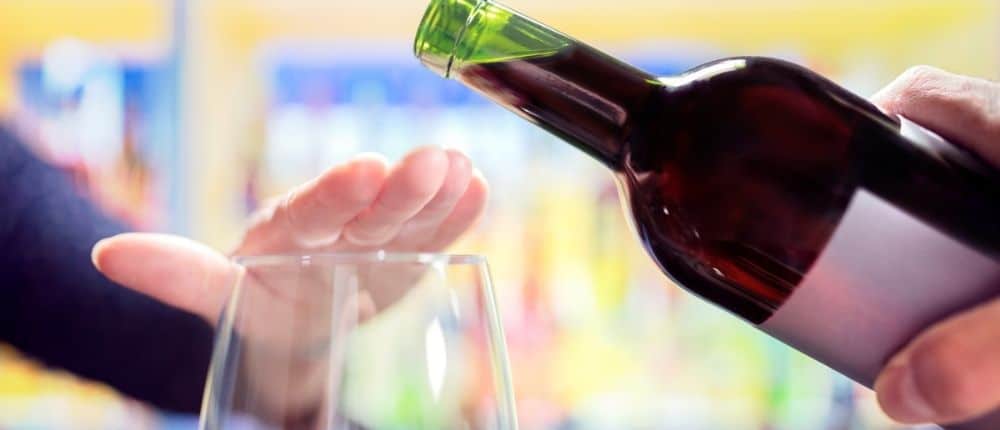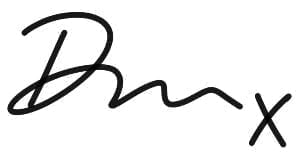
This website uses cookies to improve your experience. We'll assume you're ok with this, but you can opt-out if you wish. Read More
The Next Round: What happens after you change your drinking?


I’m just starting my sober journey and I really don’t want to drink. But I’m so scared of the alcohol withdrawal symptoms. The last time I gave up I couldn’t sleep for days.
Any advice? What should I do? Karen

The most important piece of advice I can give you is to talk to your doctor. If you are physically dependent on alcohol, it can be dangerous to stop drinking suddenly. But your doctor can help you avoid the risk of severe alcohol withdrawal symptoms, so you can change your drinking safely.
Articles like this can provide information. But what also helps is talking to someone who can put information like this into context for you. Your doctor can assess your drinking and medical history, and help you deal with the risks that are specific to you. That’s why no article, online quiz or story from someone else can ever be a substitute for personalised medical advice.
So I hope you don’t just read this information and imagine the worst. I certainly don’t want this article to amplify your worries and concerns. Instead, talk to your doctor. The insight of a trusted professional can put your fears into perspective, and help you find ways to move beyond them.
Alcohol is a depressant. That doesn’t mean that it makes you depressed, but rather that it acts on your central nervous system and slows down your brain. This is part of what you feel when you get drunk.
However, your brain has an amazing ability to counter the effects of alcohol. Especially when you expose your brain to alcohol consistently over time, your nervous system will work at an increased level to balance out its effects. Your body adapts and tries to keep functioning, despite the persistent presence of alcohol.
If your body is used to getting a certain amount of alcohol and it is suddenly no longer there, your nervous system cannot adapt quickly. It will keep functioning at an increased level. This is what causes the symptoms of alcohol withdrawal.
The severity of withdrawal symptoms will depend on how much you’ve been drinking and for how long. Your physical size and sex make a difference too. But you should talk to your doctor if you:
People sometimes imagine that only daily drinkers will have withdrawal symptoms. But some heavy drinkers will never have gone through withdrawal in the past because there has always been too much alcohol in their system. And binge drinking can cause problems too. If you feel shaky in the aftermath of a big weekend, you may be experiencing withdrawal from alcohol.
Alcohol withdrawal feels different for everyone. But if you are dependent on alcohol and stop drinking suddenly, there are some commonly observed symptoms that you might experience.
Symptoms first appear about six to twelve hours after your last drink and are most severe after two to three days. The milder symptoms include sweating, shakes, headaches, nausea and vomiting. Some people feel anxious, irritable, agitated or panicked. Others have difficulty eating and sleeping. But most people start to feel better after four to five days without the need for medication.
However, some people experience more serious symptoms. You must seek urgent medical help if you experience:
These severe symptoms only occur in a minority of cases and can be prevented by carefully reducing alcohol intake or using medication. So if you have severe symptoms, including a seizure, a high fever, hallucinations and heart disturbances, you must seek medical help urgently.
If you experience severe alcohol withdrawal symptoms, you must seek medical help urgently.
Bear in mind that withdrawal symptoms only ever last a couple of weeks. Any difficulties beyond that time period are likely to have lifestyle causes. So check you are eating well, drinking enough water, and sleeping at night. And watch your caffeine intake too. If paying attention to the basics doesn’t make things better, ask your doctor for further advice.
One of the worst things about fear is that it keeps you trapped. You get stuck inside the echo chamber of your own head. And you get bogged down in patterns of behaviour that no longer serve you. I know that fear can be crippling. As someone with a long history of anxiety, I get it.
I realise that a lot of what you’ve just read may have worried you. But we can’t avoid fear by not telling the truth. Getting reliable information about withdrawal symptoms helps keep you safe.
But as I said before, information alone isn’t enough. That’s why talking to a doctor or another professional about your fears is so important. You might be worried to tell your GP or family doctor the truth about your drinking. But understand that their primary job is to help you. Your doctor can support you to safely withdraw from alcohol, including by referring you to services and prescribing medication if that is necessary.
But you may not need additional support. The overwhelming majority of people can safely cut down their drinking, typically by around one drink less each day, over a couple of weeks. Talking to your doctor will help you find the right approach for you, so you can stop drinking safely. It’s important to know that even the heaviest drinkers can stop drinking, and safely withdraw from alcohol, with the right support.
Talking to your doctor will help you find the right approach for you, so you can stop drinking safely.
You’ve already started to overcome your fear by talking about what worries you. You are already taking steps in the right direction. As you face your fears, you will grow in confidence, and you’ll begin to put drinking behind you.
I applaud your courage. It will get better.
I’m also indebted to the Royal College of Psychiatrists, Scottish Health Action on Alcohol Problems, The Alcohol Service and York Teaching Hospital NHS Foundation Trust for their excellent information on this subject.
Cheers

Dru Jaeger runs Club Soda’s courses, which all include a self-assessment to help you understand your risk of alcohol withdrawal symptoms. Start today with our free course, How to Change Your Drinking.
This website uses cookies to improve your experience. We'll assume you're ok with this, but you can opt-out if you wish. Read More
| Name | Domain | Purpose | Expiry | Type |
|---|---|---|---|---|
| wpl_user_preference | joinclubsoda.com | WP GDPR Cookie Consent Preferences. | 1 year | HTTP |
| PHPSESSID | www.tickettailor.com | PHP generic session cookie. | 55 years | HTTP |
| AWSALB | www.tickettailor.com | Amazon Web Services Load Balancer cookie. | 7 days | HTTP |
| YSC | youtube.com | YouTube session cookie. | 55 years | HTTP |
| Name | Domain | Purpose | Expiry | Type |
|---|---|---|---|---|
| VISITOR_INFO1_LIVE | youtube.com | YouTube cookie. | 6 months | HTTP |
| Name | Domain | Purpose | Expiry | Type |
|---|---|---|---|---|
| _ga | joinclubsoda.com | Google Universal Analytics long-time unique user tracking identifier. | 2 years | HTTP |
| sbjs_migrations | joinclubsoda.com | Sourcebuster tracking cookie | 55 years | HTTP |
| sbjs_current_add | joinclubsoda.com | Sourcebuster tracking cookie | 55 years | HTTP |
| sbjs_first_add | joinclubsoda.com | Sourcebuster tracking cookie | 55 years | HTTP |
| sbjs_current | joinclubsoda.com | Sourcebuster tracking cookie | 55 years | HTTP |
| sbjs_first | joinclubsoda.com | Sourcebuster tracking cookie | 55 years | HTTP |
| sbjs_udata | joinclubsoda.com | Sourcebuster tracking cookie | 55 years | HTTP |
| sbjs_session | joinclubsoda.com | SourceBuster Tracking session | Session | HTTP |
| Name | Domain | Purpose | Expiry | Type |
|---|---|---|---|---|
| mailchimp_landing_site | joinclubsoda.com | Mailchimp functional cookie | 28 days | HTTP |
| __cf_bm | tickettailor.com | Generic CloudFlare functional cookie. | Session | HTTP |
| NID | google.com | Google unique id for preferences. | 6 months | HTTP |
| Name | Domain | Purpose | Expiry | Type |
|---|---|---|---|---|
| _ga_10XZMT03ZM | joinclubsoda.com | --- | 2 years | --- |
| AWSALBCORS | www.tickettailor.com | --- | 7 days | --- |
| cf_clearance | tickettailor.com | --- | 1 year | --- |
| VISITOR_PRIVACY_METADATA | youtube.com | --- | 6 months | --- |
Join Club Soda for 10% off your first order of drinks for UK delivery. Plus get our latest news and special offers for members to choose better drinks, change your drinking and connect with others.
If you get an error message with this form, you can also sign up at eepurl.com/dl5hPn